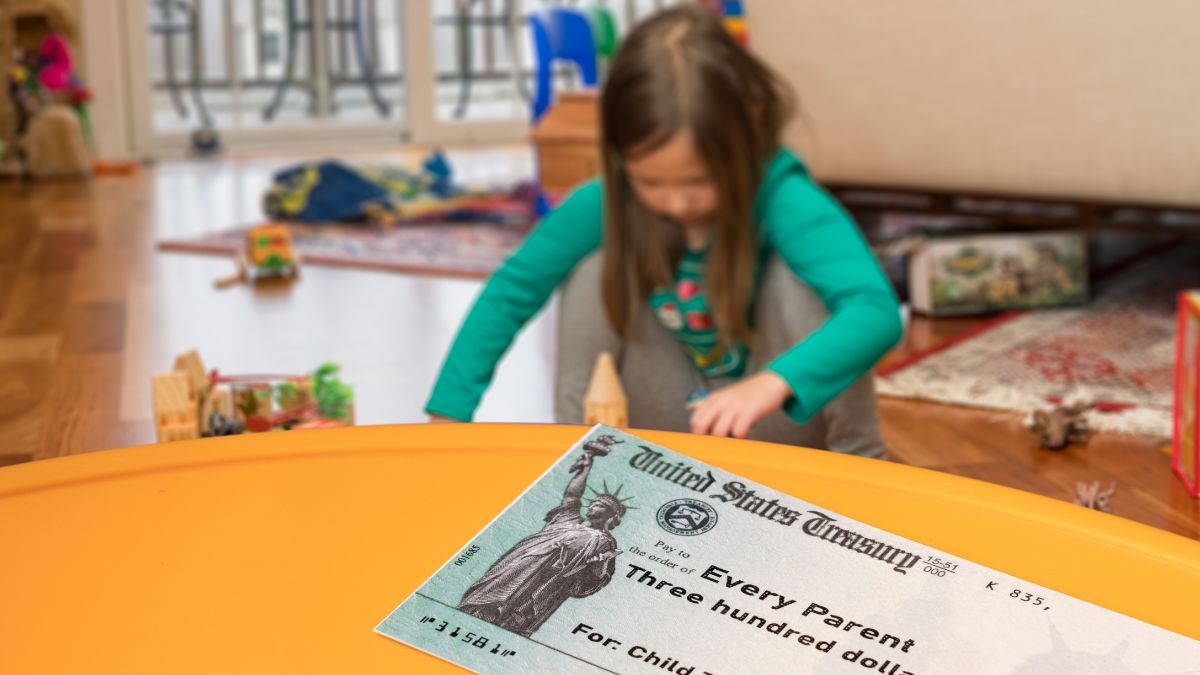Illinois parents facing financial challenges have reasons to be optimistic. The state’s fiscal year 2025 budget introduces a new child tax credit designed to provide much-needed relief.
State Senator Mike Halpin, D-Rock Island, explains that the Illinois child tax credit is inspired by the federal government’s pandemic-era initiative. “The Illinois child tax credit is based on what the federal government did during the pandemic to institute their own child tax credit to give families that extra boost,” Halpin stated.
New Child Tax Credit Coming to Illinois Families
The credit targets families with children aged 12 and younger who qualify for the Earned Income Tax Credit (EITC). This credit supports low- and middle-income earners and aims to alleviate their financial burdens. Eligible families will see an additional 20% added to their state EITC refund next year. This amount will increase to 40% in the following years.
Erion Malasi, from Economic Security for Illinois, emphasizes the significance of this credit. He noted that it could mean an extra $150-$600 for some Illinois families, providing essential financial support.
With the introduction of this new child tax credit, Illinois aims to offer a helping hand to families striving to make ends meet, ensuring a more secure and stable future for their children.
When parents receive the child tax credit, the impact is felt immediately and locally. This influx of money benefits every main street and downtown across Illinois, ensuring that businesses can stay afloat, especially as we recover from the COVID-19 pandemic,” Malasi said.
The Economic Impact of the Child Tax Credit
Malasi emphasized that every dollar of the child tax credit generates $2.50 in economic stimulus. This vital support not only helps families but also boosts the local economy in significant ways.
Halpin highlighted the substantial difference that the extra cash from the child tax credit can make for families in need. “For the families that receive it, the money goes a long way,” he said. “I’ve spoken with many of them, and it can be the difference between just a simple car repair or avoiding major issues due to not being able to afford that repair. It can also cover a day of child care or provide an extra week of groceries.”
The overall plan will cost $50 million in FY25 and $100 million in subsequent years. Lawmakers and advocates initially proposed a $300 per child tax credit, regardless of age, for joint filers who made less than $75,000 the previous year and $50,000 for single filers.
By ensuring that families have this additional support, the child tax credit serves as a vital lifeline, helping both individuals and the broader community to thrive.




